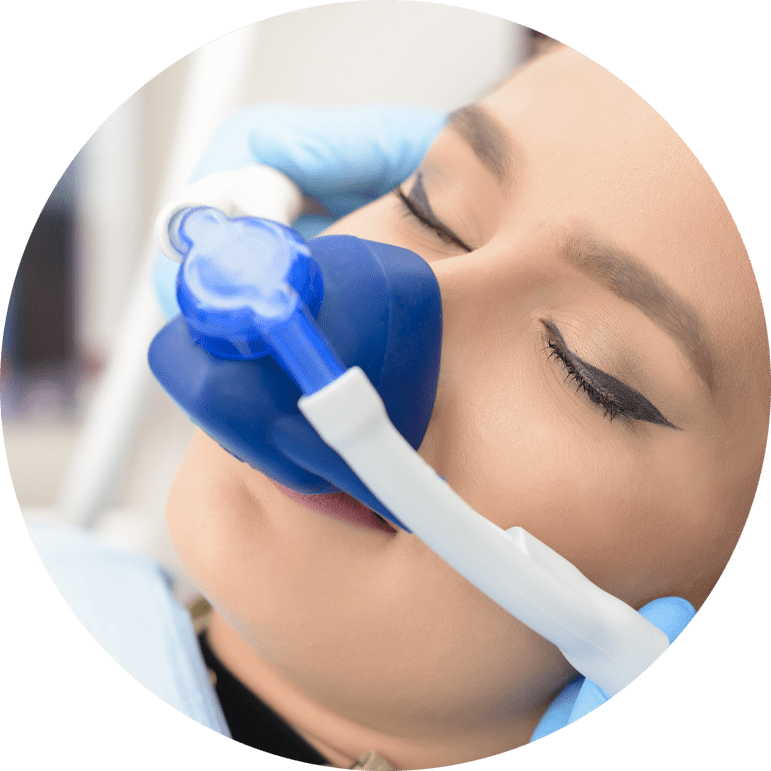The Treatment You Need, Without Fear
Dedicated To Your Comfort
We know that dental anxiety, whether toward a visit to a dentist or a periodontist, affects millions of Americans across the country. We also know how to help you overcome it. Making you as comfortable as possible and your treatment as painless as possible is our passion. We are trained in multiple sedation options, and your treatment will be led by our experienced and compassionate periodontist. We have a wide range of sedation options to suit the complexity of your treatment at Garazi Periodontics & Dental Implants, designed for your safety and comfort. If you’re looking for a practice with sedation dentistry in Miami, FL and a caring team you can trust, visit us for your surgical care.
Why Consider Sedation Dentistry?
Minimal pain or discomfort
Greater relaxation during treatment
Decreased dental anxiety and fear
Reduced gag reflex
Fewer appointments and ability to combine treatments
The lasting effects of receiving necessary care

Our Select Sedation Options

Nitrous Oxide
Often called “laughing gas,” nitrous oxide is inhaled through a mask prior to treatment. You’ll stay alert and awake but feel relaxed throughout your procedure. Once your mask is removed, the effects of nitrous oxide wear off quickly.

Oral Sedation
This kind of sedation is taken orally, typically two hours before your visit. Many patients experience a decrease in dental anxiety and discomfort, with the degree of effects depending on what medication is prescribed and at what dosage, and an altered mental state. If you are undergoing this type of anesthesia, you will need someone to drive you home.

IV Sedation
Administered intravenously, this type of sedation puts you in a sleeplike state, though you will remain awake during your procedure. With amnesic effects, many patients who receive IV sedation may forget parts of their care or the entirety of their treatment. With some lasting effects, patients will need someone to drive them home after their visit.
The Dangers Of Dental Anxiety
If you’re afraid of dental visits, you may decide to skip them and ignore dental symptoms that should receive attention. The associated risks are considerable since small dental health issues that go unchecked can eventually turn into big health issues. Gum disease can cause gum recession and tooth loss. If left untreated, this can lead to additional systemic complications, more pain and more treatments. With all of our options for sedation dentistry in Miami, FL, this need never happen to you. Reach out to learn more about how our specialized and comprehensive sedation solutions can offer the comfort and confidence you need for a healthy smile and a healthy life.





